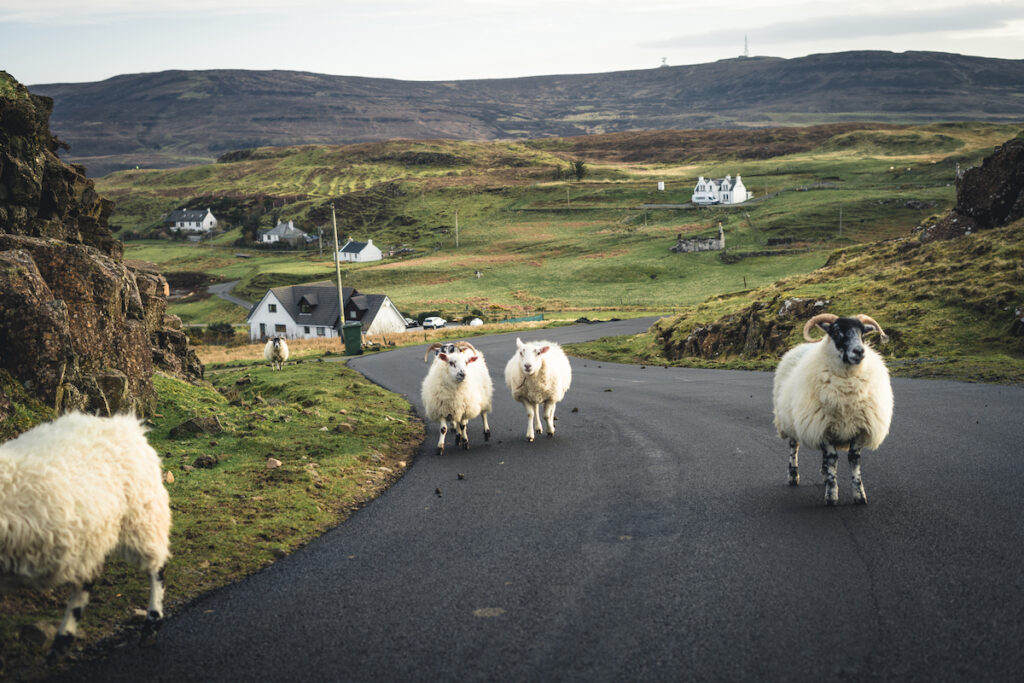The price of land accounts for a substantial and growing proportion of the cost of a new home and many people argue that land economics is an important factor in Scotland’s housing market. This is why understanding the housing land question – and developing policy options to help address it – is an important part of the remit of the Scottish Land Commission.
The commission was established in April last year, to help create a Scotland where everybody benefits from the ownership, management, and use of Scotland’s land and buildings. Land for housing and development is a key priority area of work for the commission.
At the heart of the housing land debate is a question about value. The value of land is heavily dependent on the use to which it can be put and the amenities and infrastructure in the surrounding area. This means that the value of well-connected land, with planning permission, located close to public amenities is typically much higher than land without such advantages.
The fact that these advantages arise as a result of the public sector, acting on behalf of the community by granting residential permission or investing in infrastructure is frequently used as a justification for capturing a share of the value for the wider community.
How best to capture this uplift for the benefit of society is one of the important issues we will be looking at over the next three years. There is a broad spectrum of options that could potentially be used to address this but before looking at these it is important that we learn from past experience.
Numerous attempts have been made over the years to capture land value uplift in the UK with limited success. We are undertaking a review of the UK’s historic experience of land value capture to identify what works – and what doesn’t. We will then undertake more detailed work on what potential options might look like.
In 2016 there were 12,435 hectares of derelict and urban vacant land in Scotland. The commission is working towards making more of Scotland’s land, and as part of this will also be looking at the different approaches for addressing the problem of vacant and derelict land and bringing it back into productive use. Bringing even a small proportion of this forward for housing development could make a significant contribution to Scotland’s housing market.
One tool that could help with this is Compulsory Sales Orders (CSOs). CSOs would be a new legal mechanism that would enable local authorities to require land that has been vacant or derelict, for an undue period of time, to be sold by public auction to the highest bidder. We are in the process of developing more detailed proposals for CSOs and will be engaging with key stakeholders about this over the course of the next few months.
Any discussion of the housing land market would be incomplete without reference to tax. By affecting people’s decisions about buying, selling and developing land, tax can have an important impact on the housing land market.
Over the next three years the Scottish Land Commission will be looking broadly at how fiscal policy affects decisions about land ownership and use. Over the course of this year we will also be looking specifically at the potential of land value taxation in contributing to important land reform objectives – including those related to the housing land market.
Our starting point for this work is to look at international experience of land value taxation and investigate the potential to use this tool, to help bring about a more productive, accountable and diverse pattern of land ownership and use in Scotland.
In this, as in other areas of our work relating to housing land, we are keen to learn from the wealth of expertise and experience that exists within the housing sector. To enable us to do this we will be engaging widely with the sector over the coming months.
Shona Glenn is head of policy and research (land) at the Scottish Land Commission.
Join the conversation: www.landcommission.gov.scot, sign up to our newsletter, follow our blog, Facebook or Twitter @ScottishLandCom
